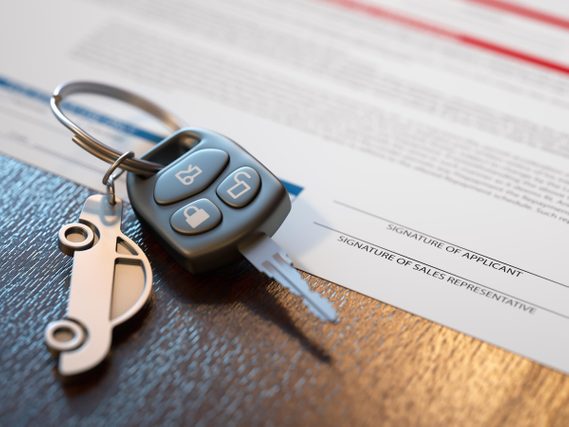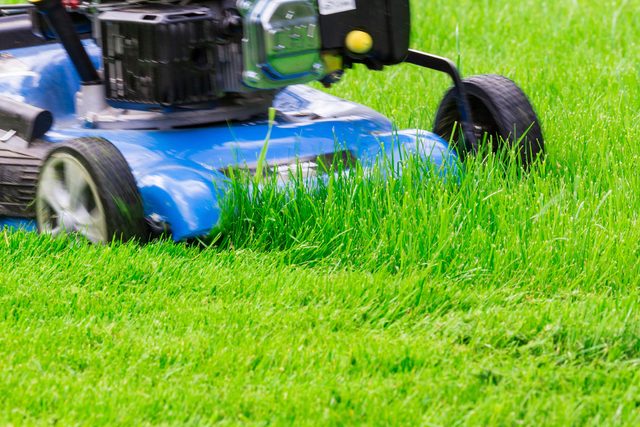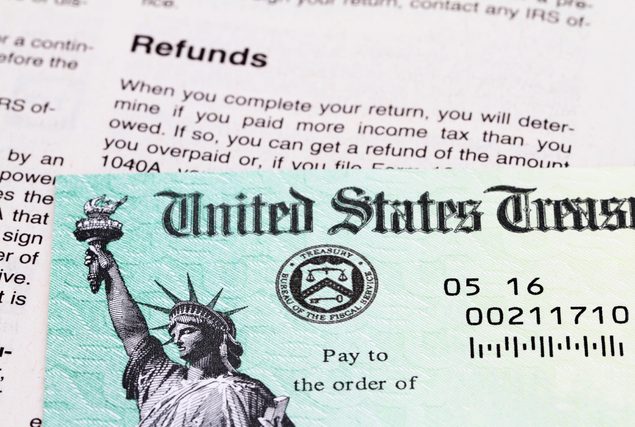
Start buying generics
While it’s true that some generics don’t measure up in quality to their higher-priced cousins, it’s also true that other generics are literally identical. Generic buffered aspirin isn’t almost like Bayer. It’s identical except for packaging and price. True of hundreds of items from patent medicines to bleach to spices. If you ever buy a name brand when there’s a cheaper and identical generic substitute available, you’re wasting money. Find out 17 more habits of people who are great at saving money.

Stop overpaying for insurance
You have a small fender bender, but rather than report the $1,000 damage to your insurance company and risk an expensive blemish on your record, you pay for it yourself. Fine. But why do you have a $500 deductible on your policy? Raising your car, home–even health insurance–deductibles can reduce premiums and save you 10-20 percent, which can add up to hundreds of dollars a year. Hold onto that money and put it in a savings account to meet those higher deductibles should the need arise.

Stop buying water by the bottle
The dumbest thing I’ve seen in my 20 years as a consumer reporter is paying upwards of $4 for a bottle of water when you can get it home for virtually nothing. If you’re concerned about taste or quality, buy a filter. Cutting your bottled habit is probably one of the easiest ways to stop wasting money. Check out 56 more effortless ways to save cash.

Stop buying books
Borrow the books you already bought with your tax dollars. They’re sitting at the nearest public library, along with magazines, DVDs and tons of other free entertainment. You’re wasting money if you’re buying books you’ll likely only read once. (If you do want to own a copy, make sure to buy it used.)

Start using Internet coupons
Saving money used to mean scouring the newspapers and clipping and organizing paper coupons. Now it’s all about typing what you’re looking for into a deals search engine. Shopping without taking a few seconds to do that is silly.

Don’t pay 20 percent when you earn .2 percent
I understand the need for an emergency fund. But if you’re paying 20 percent on a credit card while earning .2 percent on your savings, you’re more likely to create an emergency than solve one. Not to mention that you’re wasting a ton of money. (Exception: If you’re unsure about your job security, you want to marshal the maximum amount of cash possible.) If you’re building an emergency fund, but not contributing to your retirement account, that needs to change. Find out 6 more “money saving tips” that don’t actually pay.

Start splitting the cost of rarely used items
You’re off to Home Depot to buy a new $250 lawn mower. While there, you run into your next-door neighbor who’s buying a hedge trimmer. Is a light-bulb going off? To stop wasting money, form a neighborhood co-op and split the cost of things like lawn mowers, ladders, chainsaws and other rarely-used items with one or more neighbors. You’ll reduce both your cost and clutter by at least 50 percent.

Don’t buy everything new
I’m 54 years old and have never owned a new car. Why should I? I drive a gorgeous $80,000 Mercedes that I bought six years old for $20,000. I also buy used tools and clothes. I’ve even bought used shoes. Buying used not only saves serious money, it also happens to be one of the best ways to be environmentally friendly.

Stop paying too much for food
Highly processed, prepared foods are cheaper in the short run, but our favorite junk foods have addictive qualities, which make us buy more in the end. Fresh fruits and veggies may seem expensive, but in the long run, they’ll save you money (maybe even on your health bills). And if you’re worried about wasting money because you won’t eat your produce in time, buy frozen. And if you don’t have time to cook from scratch, do what I do: Cook when you can, but when you do, make huge portions and fill your freezer.

Start bargaining
I recently did a TV news story in which, on camera, I called my cable company and simply threatened to take my business elsewhere (to satellite) if they wouldn’t lower my bill. Result? In ten minutes, I saved $30 a month for six months for a total of $180. I routinely ask for a better price on virtually everything expensive that I buy, from appliances to hotel rooms. It takes seconds and saves tons.

Stop worrying about being a trendsetter
From fashion to electronics, being on the leading edge is both expensive and unnecessary. Yesterday’s computer technology is half the price. Classic fashion (especially for men) can literally last decades. Stop wasting money on fast fashion and tech––it’s better for your wallet and the environment. Still falling victim to enchanting trends? Read these 11 money habits you should master before you turn 40.

Don’t pay for things you don’t use
Do you pay for premium cable channels you never watch? Health clubs you rarely visit? Magazines you don’t have time to read? Do you still really need your telephone landline? Really stare at where your money is going and see if there’s something you can live without.

Get (and use) your tax refund
According to the IRS, the average American received a $2,782 tax refund in 2016. This means that the average American has almost $500 too much withheld from their paycheck every month. Want to make a serious dent in your debt? Take your $2,782 refund this year and use it to pay down your debt. Then fill out a new W-4 and adjust your withholdings (carefully: there’s a calculator at irs.gov that will help) to increase your take-home pay by $500 a month. Use that extra money to pay down more debt monthly. Result? $6,000 of debt destroyed over the next 12 months with money you won’t really miss.
Stacy Johnson is the host of Money Talks News, a nationally-syndicated personal finance television news series. His third book, Life or Debt 2010, is available at booksellers everywhere. For more money-saving tips and advice, visit moneytalksnews.com.